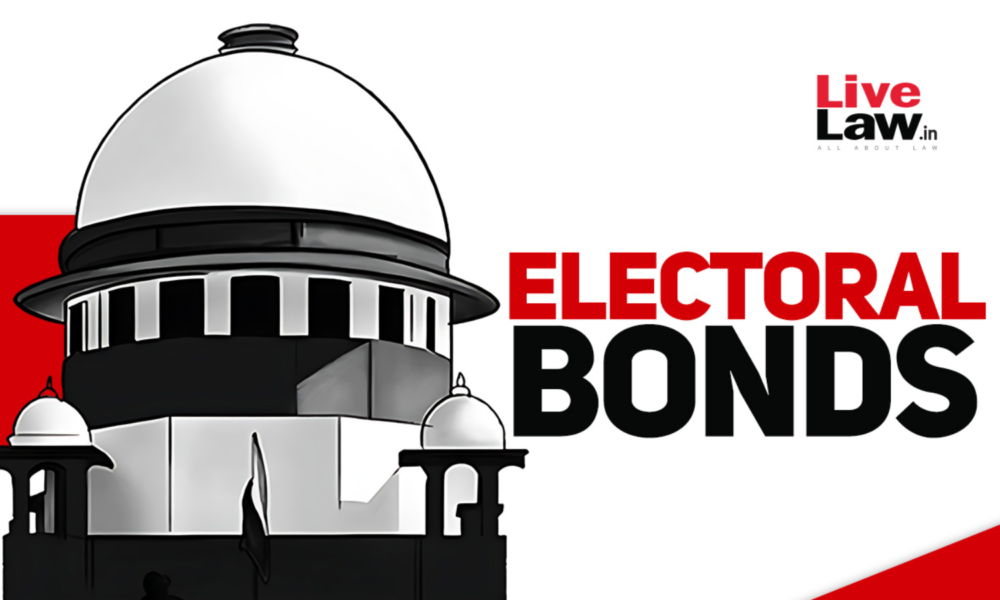Discover the groundbreaking verdict as the Supreme Court declares the Electoral Bond scheme unconstitutional. Get the inside scoop on the implications and fallout of this landmark decision on political financing in India.
Background on Electoral Bonds
Electoral Bonds are akin to promissory notes or bearer bonds purchasable by individuals, companies, or associations provided they are Indian citizens or incorporated in India. However, only political parties registered under Section 29A of the Representation of the People Act, 1951, and securing at least 1% of votes in the last Lok Sabha or state assembly elections are eligible to receive Electoral Bonds.
This landmark decision by the Apex Court significantly impacts political financing in India, with implications for transparency and accountability in the electoral process.
On February 15, the Apex Court delivered a significant verdict on the legality of the Bond scheme, which permits anonymous funding to political parties. Chief Justice D Y Chandrachud, leading a five-judge Constitution bench, rendered two separate yet unanimous judgments on the petitions challenging the scheme.
Must Read
 From Boom to Bust: The Untold Story Behind BYJU’S Epic Fall by Ronnie Screwvala.
From Boom to Bust: The Untold Story Behind BYJU’S Epic Fall by Ronnie Screwvala.
 Food Prices Ease, Driving Down WPI Inflation to 0.27%
Food Prices Ease, Driving Down WPI Inflation to 0.27%
Striking Down of Electoral Bonds Scheme
The apex court ruled the Bond scheme unconstitutional, effectively striking it down, and highlighting concerns about the Right to Information, the Apex Court stated that compromising this right to curb black money isn’t justified. The court emphasized the existence of alternative measures that achieve the objective of curbing black money with minimal impact on the right to information, compared to the Bonds.
Chief Justice Chandrachud declared the scheme violative of the freedom of speech and expression enshrined in Article 19(1)(a) of the Constitution. The bench underscored that citizens’ fundamental right to privacy encompasses political privacy and affiliation.
Potential Advantage for Ruling Parties
The Constitution bench observed that the Bonds scheme could potentially confer an advantage to the ruling party. It noted the close association between financial contributions to political parties and the likelihood of quid pro quo arrangements.
The Supreme Court directed the State Bank of India (SBI) to cease issuing Bonds immediately. Furthermore, the court instructed SBI to provide details of political parties receiving Electoral Bonds since April 12, 2019, to the Election Commission of India by March 6. These details will include information on each encashed electoral bond, including the date of encashment and denomination. The ECI is mandated to publish these details on its official website by March 13.
Bhaarat Bulletin’s Shikha Rai and the Supreme Court of India have contributed to the above report

